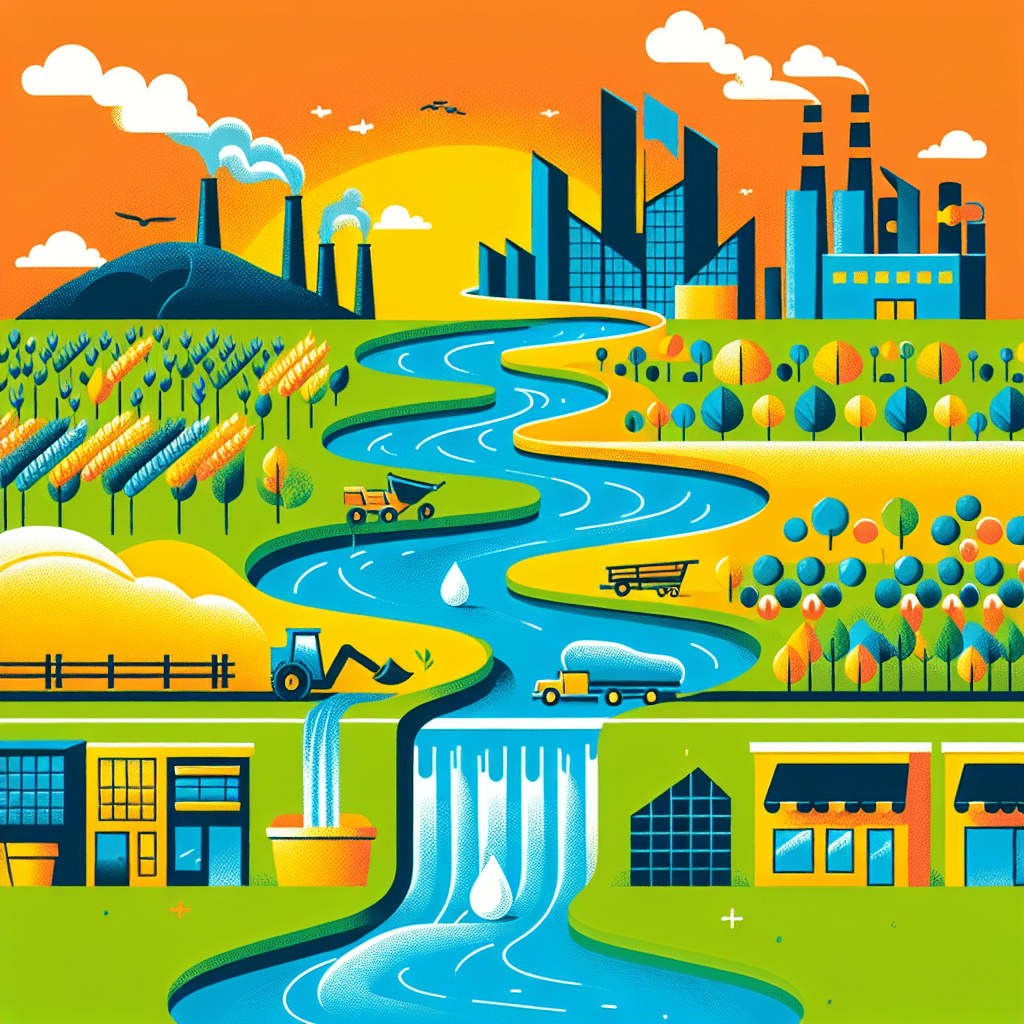The Economic Value of Water: From Agriculture to Industry

The Economic Value of Water: From Agriculture to Industry
Water is a vital resource that plays a crucial role in various industries, from agriculture to manufacturing. Its availability and quality have a significant impact on economies worldwide, affecting everything from food production to energy generation. Understanding the economic value of water is essential for sustainable development and resource management.
Water in Agriculture
One of the primary uses of water is in agriculture, where it is essential for crop irrigation and livestock production. According to the Food and Agriculture Organization (FAO), agriculture accounts for around 70% of global water withdrawals. The efficient use of water in agriculture is critical for food security and economic development.
"Water is the lifeblood of agriculture, and its sustainable use is essential for feeding the growing global population." - FAO
Water in Industry
Water is also a key resource in various industries, including manufacturing, energy production, and mining. Industries rely on water for cooling, cleaning, and processing raw materials. The availability of water can impact the cost of production and the overall competitiveness of industries in a global market.
"Water scarcity poses a significant risk to industries worldwide, affecting supply chains and economic growth." - World Economic Forum
Water Scarcity and Economic Impacts
Water scarcity is a growing concern due to population growth, climate change, and unsustainable water management practices. The economic impacts of water scarcity can be severe, leading to higher production costs, reduced agricultural yields, and disruptions in supply chains. Addressing water scarcity requires innovative solutions and sustainable water management practices.
"Water scarcity could cost some regions up to 6% of their GDP by 2050 if no action is taken." - World Bank
Conclusion
Water plays a critical role in various industries and has a significant impact on economies worldwide. Sustainable water management is essential for ensuring water security, food production, and economic development. By understanding the economic value of water and implementing efficient water use practices, we can create a more sustainable future for generations to come.
As we reflect on the importance of water in our daily lives, let us remember the words of Hippocrates, the father of medicine: "If we could give every individual the right amount of nourishment and exercise, not too little and not too much, we would have found the safest way to health."



